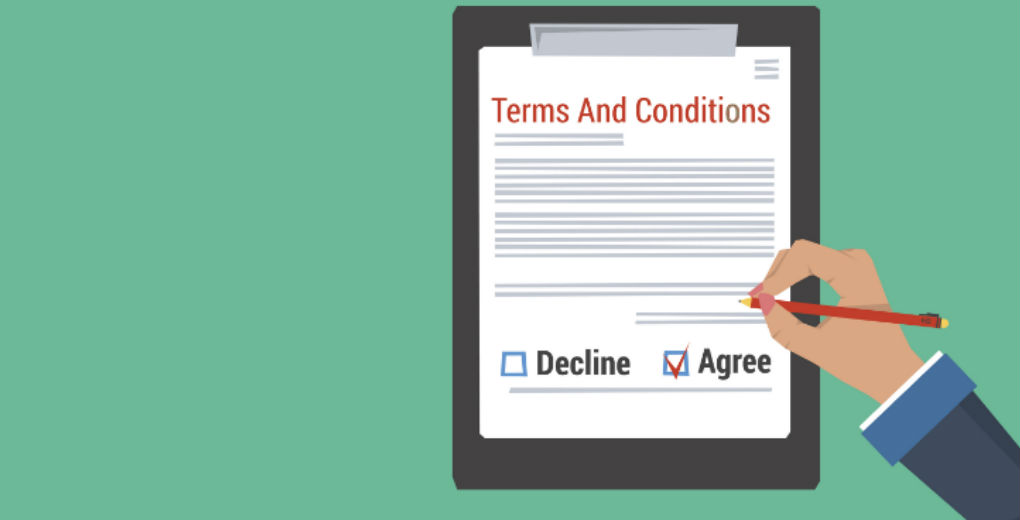
Whether you’re buying a product, or paying for a service, you and the supplier are bound by the terms and conditions set out in the contract.
In 2010, as part of an April Fools’ Day prank, UK-based business GameStation sent out contracts with a stipulation that by signing, users were selling their ‘immortal soul’ to the company. 7,500 people signed the contract – 84% of people who were sent the letter – because they didn’t read the paperwork thoroughly and so didn’t notice the clause. Although this was done in jest, it’s a reminder to consumers of the importance of reading the T&Cs from start to finish.
Who has the time?
A study by Carnegie Mellon estimated that it would take you 76 working days to read all the fine print for the services you use on a daily basis. This shouldn’t put consumers off reading the small print altogether, but perhaps, should make them more discerning. At the very lease we should all be reading the small print for key services and looking closely at the T&Cs.
With insurance policies, for example, reading and understanding a policy now could mean the difference between your claim being accepted or rejected in the future.
Businesses are failing customers
Research by the Competitions and Markets Authority (CMA) ascertained that more than half of businesses don’t understand the rules relating to terms and conditions. Only 15% of businesses in the study said they were familiar with the Consumer Rights Act 2015. Customers are suffering as a result of this knowledge gap.
If you’re having problems with a service, or struggling to get a refund, then don’t assume that the company is in the right, do some research to make sure. Terms and conditions are often drafted purely to protect the seller, so it’s important that you know what you’re getting yourself into, and you know your legal rights.
What are the key things to watch out for when it comes to terms and conditions?
Don’t get locked in
Often in life, we worry about getting locked out, but with contracts, we’re concerned about the opposite: getting locked in. The small print can sometimes tie you into a minimum term contract, or ongoing payments, and you might have to actively opt-out to stop it renewing automatically. Things such as gym memberships often lock-in customers for three months or more, and phone contracts can tie you in for as long as two years. Sometimes exit fees aren’t even an option and you’re obliged to keep paying the agreed rate until the contract ends, whether you use the services or not.
‘Get out’ clauses
Make sure you pay close attention to any ‘get out’ clauses within terms and conditions, which allow the seller to avoid refunding or replacing a product that is faulty, for example. It’s also worth paying close attention to the terms surrounding warranties and replacement parts. With insurance, it’s worth noting that some types of damage might not be covered, and it’s essential to make sure that you understand the stipulations of the policy.
Hidden charges
No one likes being lumped with a bill they weren’t expecting. Check the terms and conditions to see if you have to pay additional surcharges, or if there are clauses for additional payments such as exit fees.
Unfair terms
Under current legislation, a consumer isn’t bound by a term or condition that is considered ‘unfair’. Unfair in this context means something that creates a significant imbalance in rights through the contract. To qualify, the term would be to the detriment of the consumer, and violate the idea of ‘good faith’ between the two parties. If a term is considered unfair, it is not legally binding. If you feel that the terms in your consumer contract are unfair, then this can be reported to either your local standards department or the Competition Markets Authority (CMA).
Do you wish you could more easily read and understand the terms and conditions of the sites and services you use? Websites such as www.tosdr.org summarise all the key stipulations in T&Cs on key sites and services.

